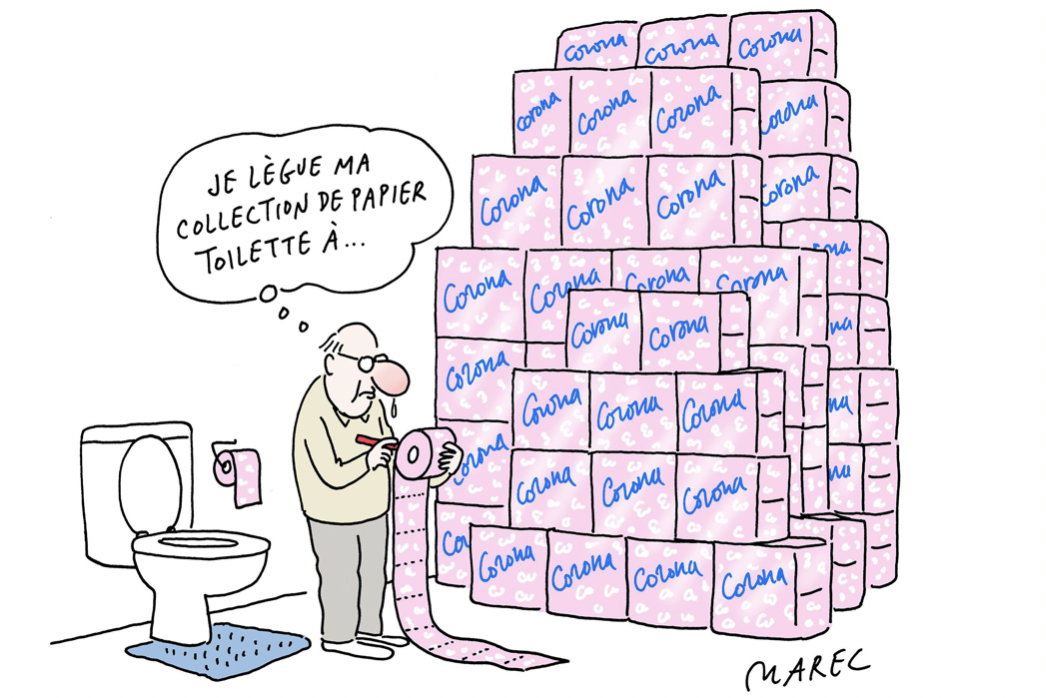
Special Focus: Keeping legacies front of mind during a pandemic
June 3, 2020
Door drop proposals pose new threat to fundraising
July 1, 2020Eva Aldrich, president and CEO of CFRE International, explores the advantages of carrying out a feasibility study for a capital campaign and shares her insights into how to go about it.
Feasibility studies can be controversial. Some organisations swear by them as a crucial early step in planning a capital campaign, yet others are dubious, questioning why the organisation doesn’t just get out there and ‘do’ the campaign. Capital campaigns are never going to be ‘fundraising as usual’. When non-profits need to raise funds for transformational projects – new buildings, endowments, or substantial new programmes, it requires a transformational approach and that makes a feasibility study an essential part of the process.
When you need to raise maximum funds fast – and capital campaign goals will often be ten times the organisation’s annual operating budget within a 3-5 year timeframe – campaigns generally can’t be run as grassroots efforts relying on a large quantity of small gifts. Rather, capital campaigns require the sequential engagement and solicitation of an organisation’s major donors – that small number of people who regularly give substantial gifts.
Because the momentum for a successful capital campaign lies with so few donors, it’s important to gauge whether top donors and key leaders support the capital campaign before it starts. That’s where a feasibility study comes in.
A feasibility study is a roadmap to success for your capital campaign
A feasibility study examines whether the capital campaign will, in all likelihood, be successful and raise the goal amount necessary to fund your organisation’s transformational project. It will help your organisation understand whether you should proceed with the campaign or not, exploring:
Purpose. Do key leaders and donors think the project the campaign will fund is important?
Goal amount. Can the money be raised?
Campaign leadership. Who will drive the campaign to make it successful? This includes trustees and other volunteer leaders who will help be the public face of the campaign.
Lead donors. Which donors are going to give the early, large gifts that will get momentum going?
Commitment of other leaders. Do key leaders outside the organisation believe in the campaign’s importance?
Timing. Is this the right time to run the campaign?
Essentially, the study will provide the planning that launches your organisation successfully on its capital campaign journey.
What happens during a feasibility study?
In-depth conversations with top donors and leaders about the draft case statement for the capital campaign is one of the most important activities.
These conversations give key individuals who are vital to the campaign’s success the opportunity to discuss their views on the campaign, its importance, their willingness to make substantial gifts, and their willingness to be further involved.
The involvement of consultants with capital campaign expertise is not only important for their ability to analyse collective results of the discussions with top donors and leaders but also because they are a neutral third party and key individuals are more likely to be forthright with them.
This might expose concerns about the organisation or the campaign that individuals might hesitate to share with organisational leaders or staff – enabling the organisation to work on fixing any concerns before launch.
Such experts can also review the organisation’s fundraising resources during the feasibility study process and provide advice about additional resources (financial or human) that will be needed to support the organisation’s success.
Just as it’s a good idea to have a check-up with your doctor prior to starting a strenuous exercise program, it’s a good idea to do a feasibility study to find if any problems exist before your organisation starts its capital campaign.
Determining your Plan B
It is wonderful when a feasibility study brings back a positive result that says all systems are “go” and your organisation is ready to run a successful capital campaign. Realistically, however, that’s not always the case.
A good feasibility study will help figure out your Plan B – an alternative option for the campaign. During my time conducting feasibility studies for non-profits, here are some great examples of successful Plan B options.
Goal not feasible. An environmental preservation charity wanted to do a €90 million capital campaign for species preservation. The feasibility showed that its top donors were not ready to support a campaign of that size. We worked with the client to break the big campaign goal into three smaller campaigns, each of which was focused on a single sub-project of the big campaign. It took more time, but ultimately the organisation was successful in each of the three smaller campaigns, and all of the transformational projects were accomplished.
Timing not right. An arts and cultural organisation wanted to pursue a €1.3 million campaign for a community arts centre. However, because of the limited number of top donors in the small community – most of whom had already donated generously to a project to support the community hospital – the feasibility study indicated there was no more philanthropic capacity at the time, even though donors were enthusiastic about the project. The organisation waited 18 months and then ran the campaign, which was extremely successful and came in over goal.
Leadership not right. A religious congregation sought €4.1 million to purchase a new house of worship. The feasibility study found that while the congregation’s pastor was valued for his kindness and caring, he was not seen as a dynamic administrator capable of being the face of the campaign and executing the move to the new house of worship successfully. The organisation mobilised volunteer leaders to take significant roles in fundraising and logistics regarding the move to the new location. The campaign successfully met its goal.
Investigate your options
Clearly, you can tell I’m a big believer that a feasibility study provides a vital foundation for campaign success. A feasibility study is, of course, often a substantial investment in terms of time and money. As with any investment, be a careful consumer, do your research, and check out your options before you commit to hiring a consultant.
There are a number of useful resources to help you learn more about feasibility studies, including what you should expect and how to select a consultant.
Above all, consult with your colleagues (including those at EFA and those who hold CFRE certification), who may be able to help you identify resources in your area.
 Eva Aldrich
Eva Aldrich
Eva E. Aldrich, Ph.D., CAE, (CFRE, 2001–2016), is the president and CEO of CFRE International, the only accredited, globally acknowledged certification for fundraising professionals. The CFRE credential supports and encourages fundraising professionals to aspire to the highest standards of professionalism and ethical practice in serving the philanthropic sector. Prior to joining CFRE International, Aldrich was Associate Director of Public Service and The Fund Raising School at the Indiana University Lilly Family School of Philanthropy.




